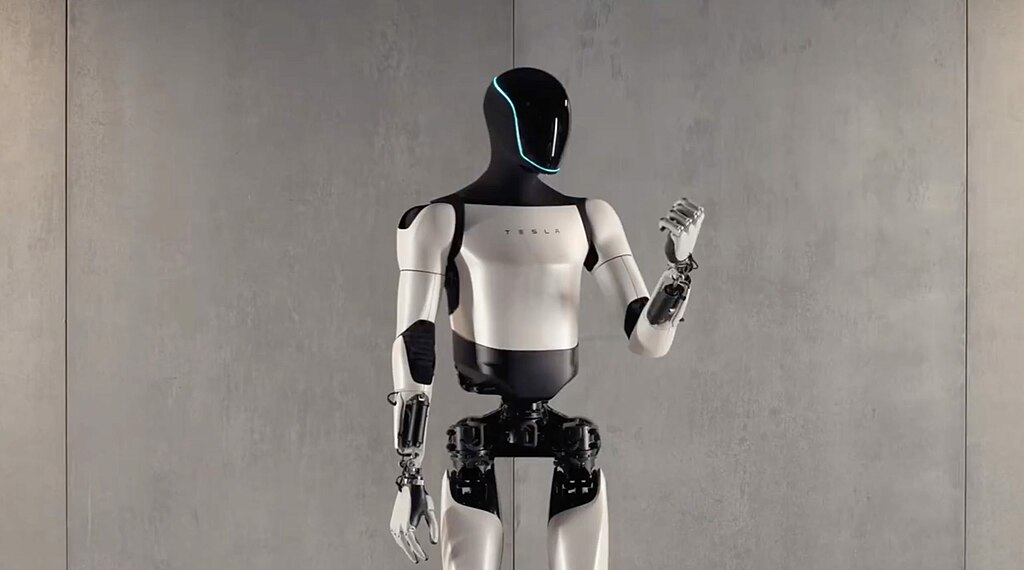376
Home Artificial Intelligence (AI)The purpose problem: When robots do absolutely everything, what is our role?

HR News Canada is an independent source of workplace news for human resources professionals, managers, and business leaders. Published by North Wall Media.




